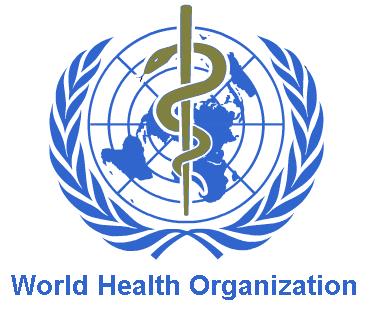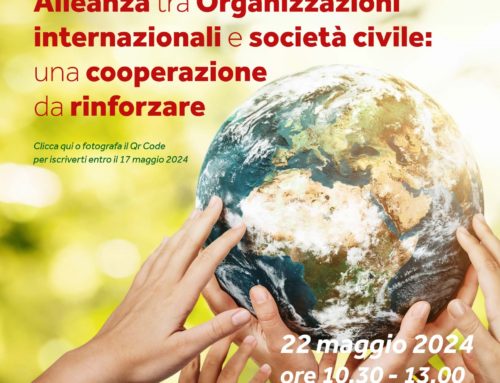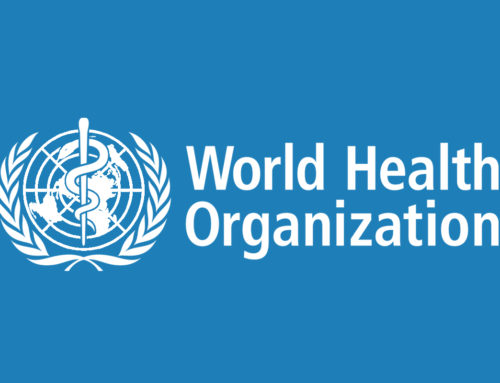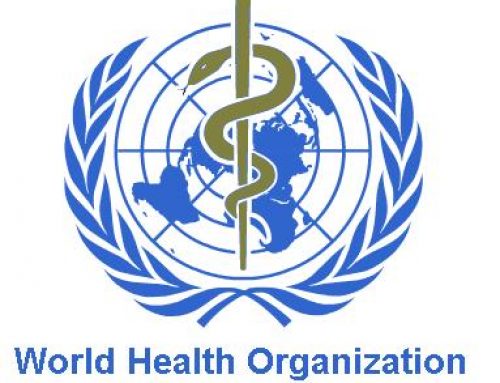As a new year and a new decade kick off, WHO is releasing a list of urgent, global health challenges. This list, developed with input from our experts around the world, reflects a deep concern that leaders are failing to invest enough resources in core health priorities and systems. This puts lives, livelihoods and economies in jeopardy. None of these issues are simple to address, but they are within reach. Public health is ultimately a political choice.
We need to realize that health is an investment in the future. Countries invest heavily in protecting their people from terrorist attacks, but not against the attack of a virus, which could be far more deadly, and far more damaging economically and socially. A pandemic could bring economies and nations to their knees. Which is why health security cannot be a matter for ministries of health alone.
All the challenges in this list demand a response from more than just the health sector. We face shared threats and we have a shared responsibility to act. With the deadline for the 2030 Sustainable Development Goals quickly approaching, the United Nations General Assembly has underscored that the next 10 years must be the “decade of action“.
This means advocating for national funding to address gaps in health systems and health infrastructure, as well as providing support to the most vulnerable countries. Investing now will save lives – and money – later. The cost of doing nothing is one we cannot afford. Governments, communities, and international agencies must work together to achieve these critical goals. There are no shortcuts to a healthier world. 2030 is fast approaching, and we must hold our leaders accountable for their commitments.
Dr Tedros Adhanom Ghebreyesus, WHO Director-General
NOTE: The challenges are not listed in order of priority. All are urgent, and many are interlinked.
Keeping health care clean
What’s the challenge?
Roughly one in four health facilities globally lack basic water services. Water, sanitation and hygiene (WASH) services are critical to a functioning health system. The lack of these basics in health facilities leads to poor-quality care and an increased chance of infection for patients and health workers. All of this is happening against a backdrop of billions of people around the world living in communities without safe water to drink or adequate sanitation services – both of which are major drivers of disease.
What is WHO doing?
WHO and its partners are currently working with 35 low and middle-income countries to improve the water, sanitation and hygiene conditions in their health facilities. The global goal is for all countries to have included WASH services in plans, budgets and implementation efforts by 2023, and by 2030 all health care facilities globally should have basic WASH services.Credits
Child feet on dry soil
Elevating health in the climate debate
What’s the challenge?
The climate crisis is a health crisis. Air pollution kills an estimated 7 million people every year, while climate change causes more extreme weather events, exacerbates malnutrition and fuels the spread of infectious diseases such as malaria. The same emissions that cause global warming are responsible for more than one-quarter of deaths from heart attack, stroke, lung cancer and chronic respiratory disease. Leaders in both the public and private sectors must work together to clean up our air and mitigate the health impacts of climate change.
What is WHO doing?
In 2019, over 80 cities in more than 50 countries committed to WHO’s air quality guidelines, agreeing to align their air pollution and climate policies. This year, WHO will work towards developing a set of policy options for governments to prevent or reduce the health risks of air pollution.
Ambulances in the Syrian Arab Republic
Delivering health in conflict and crisis
What’s the challenge?
In 2019, most disease outbreaks requiring the highest level of WHO response occurred in countries with protracted conflict. We also saw the continuation of a disturbing trend in which health workers and facilities are targeted. WHO recorded 978 attacks on health care in 11 countries last year, with 193 deaths. At the same time, conflict is forcing record numbers of people out of their own homes, leaving tens of millions of people with little access to health care, sometimes for years.
What is WHO doing?
Last year WHO responded to 58 emergencies in 50 countries. We deploy mobile medical teams, improve disease detection and warning systems, conduct vaccination campaigns, distribute medicines and train health workers. WHO is working to save lives and prevent suffering by working with countries and partners to strengthen health systems, improve preparedness and expand the availability of long-term contingency financing for complex health emergencies.But health is only part of the equation. Ultimately, we need political solutions to resolve protracted conflicts, stop neglecting the weakest health systems, and protect health care workers and facilities from attacks.Credits
A mother sitting on a bed holding her child
Making health care fairer
What’s the challenge?
Persistent and growing socio-economic gaps result in major discrepancies in the quality of people’s health. There’s not only an 18-year difference in life expectancy between rich and poor countries, but also a marked gap within countries and even within cities. Meanwhile, the global rise in noncommunicable diseases, such as cancer, chronic respiratory disease and diabetes, has a disproportionately large burden in low and middle-income countries and can quickly drain the resources of poorer households.
What is WHO doing?
WHO is working with its partners to improve child and maternal care, nutrition, gender equality, mental health, and access to adequate water and sanitation. WHO will also provide guidance on how countries can better reduce inequality in health care, such as by improving the governance and management of public and private health services.
One of the best ways to reduce inequalities is through primary health care, which addresses the majority of a person’s health needs. WHO is calling for all countries to allocate 1% more of their gross domestic product to primary health care, to give more people access to the quality essential services they need, close to home.










